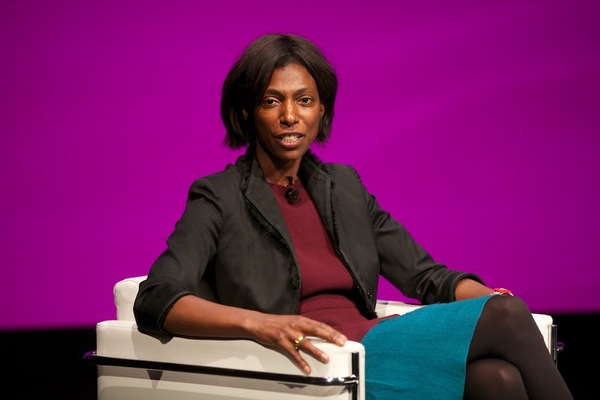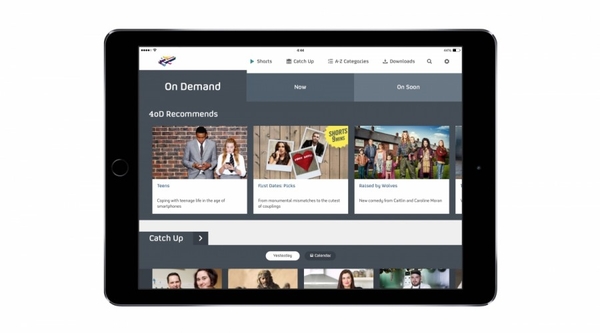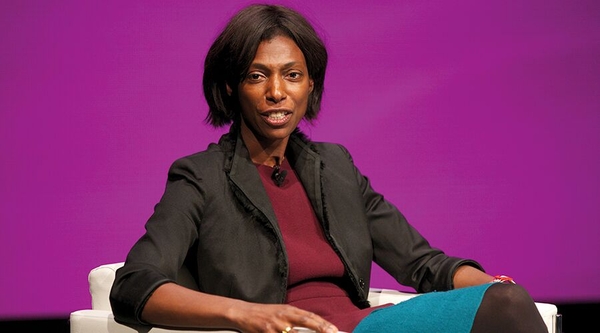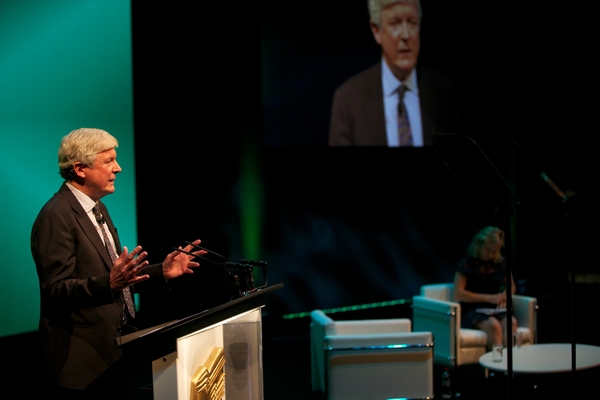Ofcom report reveals changing attitude to racist language
The research found that viewers and listeners are now less tolerant of racist or discriminatory language, but generally more tolerant about other offensive language, such as swear words, than they were in the last study in 2010.
Ofcom found that the context of the language used is crucial. Viewers or listeners are more likely to tolerate bad language if it “reflects what they would expect to see in ‘real world’ situations.”





